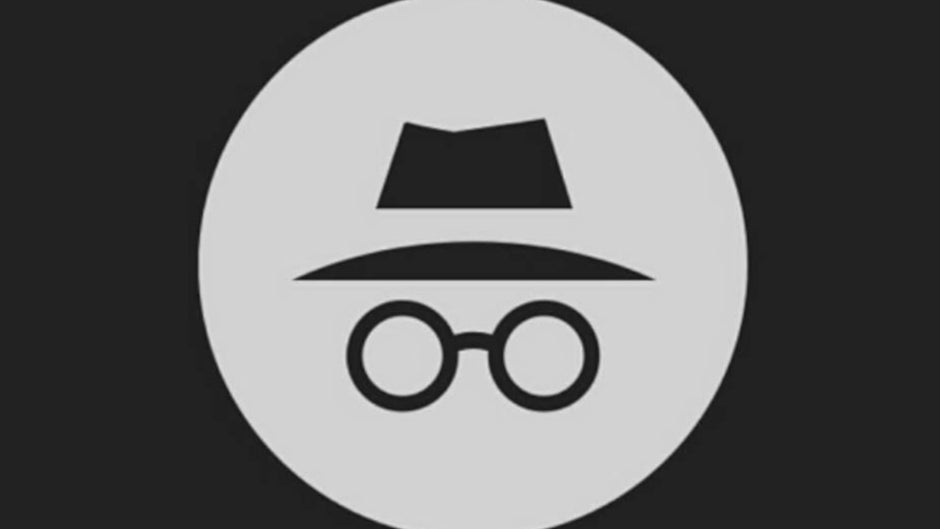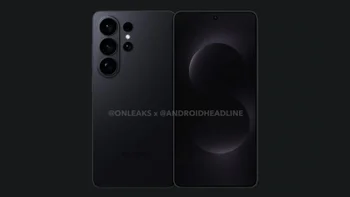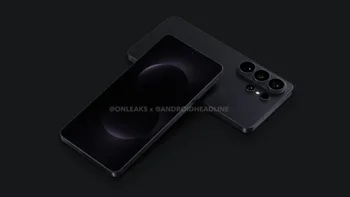Judge rules that Google secretly collects personal data even in 'Incognito Mode"

Google is facing a class action lawsuit filed by consumers who claim that the company continues to collect personal data from users even when the users browse using the incognito mode designed to keep their personal data private. The plaintiffs allege that even with data collection turned off in Chrome, Google has other options that can be used to collecr information. Google asked that the court throw out the case, but a federal judge on Friday denied that request.
The judge was none other than Lucy Koh, who became known for her handling of the original Apple vs. Samsung patent infringement case in which she originally awarded Apple close to a billion dollars. That amount was eventually reduced to $539 million and eventually a settlement between the two firms was announced. In Koh's ruling on Friday, she wrote that "The court concludes that Google did not notify users that Google engages in the alleged data collection while the user is in private browsing mode." Google spokesperson Jose Castaneda said in an emailed statement that "We strongly dispute these claims and we will defend ourselves vigorously against them. Incognito mode in Chrome gives you the choice to browse the internet without your activity being saved to your browser or device. As we clearly state each time you open a new incognito tab, websites might be able to collect information about your browsing activity during your session."
Back in June, three Google users filed a complaint claiming that the firm runs a "pervasive data tracking business." In that complaint, the plaintiffs said that Google collects data like a user's browsing history and other activity on the web even after using "safeguards" to block their personal data from being used such as the Incognito private browsing mode. Google says that the plaintiffs agreed to Google's privacy policy which explains explicitly how it collects personal data.
The court filing (aka the "complaint") says, "Google knows who your friends are, what your hobbies are, what you like to eat, what movies you watch, where and when you like to shop, what your favorite vacation destinations are, what your favorite color is, and even the most intimate and potentially embarrassing things you browse on the internet -- regardless of whether you follow Google’s advice to keep your activities "private."
"Google also makes clear that ‘Incognito’ does not mean 'invisible,' and that the user's activity during that session may be visible to websites they visit, and any third-party analytics or ads services the visited websites use," according to a court filing submitted by Google. For you legal eagle types (you know who you are), the case is called Brown v. Google LLC, 20-3664, U.S. District Court, Northern District of California (San Jose).
"Google also makes clear that ‘Incognito’ does not mean 'invisible,' and that the user's activity during that session may be visible to websites they visit, and any third-party analytics or ads services the visited websites use," according to a court filing submitted by Google. For you legal eagle types (you know who you are), the case is called Brown v. Google LLC, 20-3664, U.S. District Court, Northern District of California (San Jose).
Follow us on Google News














Things that are NOT allowed:
To help keep our community safe and free from spam, we apply temporary limits to newly created accounts: